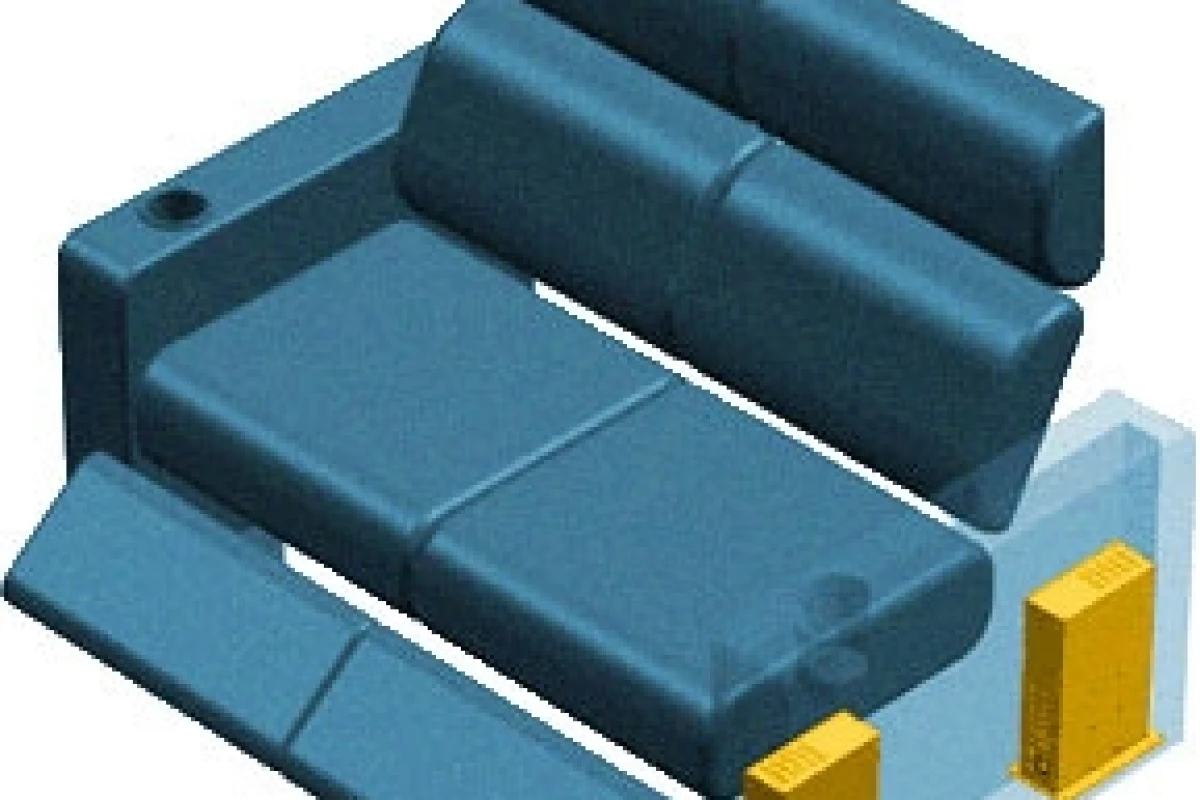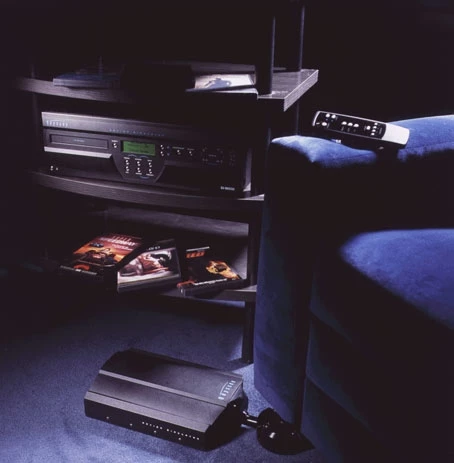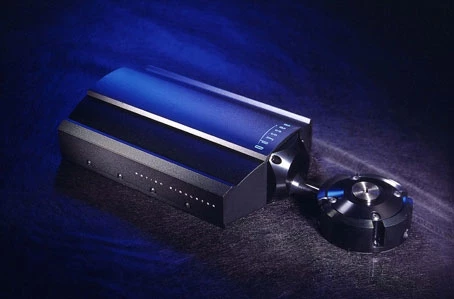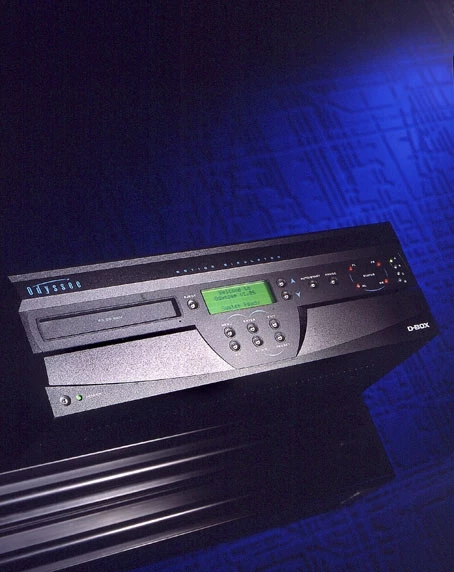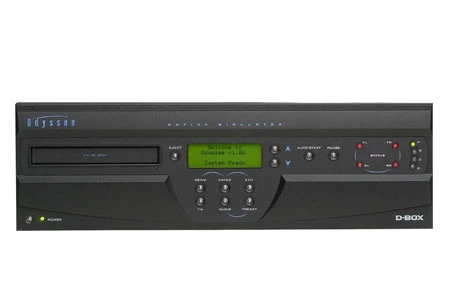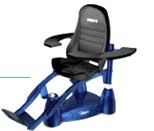One of the more interesting developments in entertainment technology over the last 12 months has been the D-Box ''motion simulator'' for home theatres, and its development into the gaming arena.
In the United States, the home theatre market is massive - it is not uncommon for people to spend US$250,000 or more on home theatres. Accordingly, there's a market for technologies which can significantly add to the home theatre experience, particularly where the enhancement is beyond that available in a traditional movie theatre.
The unique, patented D-BOX Odyssee system brings a whole new dimension to entertainment by synchronising the movement of the viewer's seat to the action on screen thanks to four small motorised actuators that sit under the chair/sofa-rising, falling and swaying in perfect time with the on-screen sights and sounds. Voted Innovation of the Year by the Consumer Electronic Manufacturer Association and the Industrial Designer Association, the Odyssee Motion Simulator has sold hundreds of units in the international marketplace, with an audience characterised by one common element: incredible wealth. The initial D-Box system cost a lot of money and could only be justified by the likes of American movie professionals, Saudi sheiks and European business magnates.
In January 2004, D-BOX launched a 2nd-generation motion simulator at the Consumer Electronics Show in Las Vegas. Sold with its own armchair, this new product uses a simpler, more affordable technology, and the Odyssee system is now far more accessible to cinema and video-game lovers. This new product, which comes at a lower price point and requires no installation, provides dramatic motion at up to 2 Gs of acceleration, perfectly synchronised with onscreen action.
The D-Box obviously requires information so it knows when to have your chair duck and weave, and D-Box has a library of codes for all the major movies with more movies being added to the list each week. There are also plans to introduce an even more affordable version of the system.
The company has also been showing a prototype of a gaming-specific version of Odyssee which is likely to come to market some time in late 2004 or early 2005.

